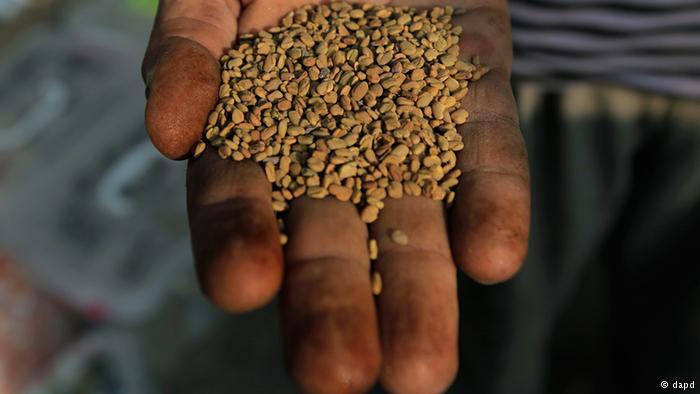Scientists have long thought that small animals eat small seeds and large animals eat large seeds. But a new study by researchers in Australia has revealed this assumption may only be partially true, meaning large animals play a bigger role in seed dispersal than previously imagined. “Big animals do eat some big seeds from fleshy fruits,” says Si-Chong Chen, a PhD candidate at the University of New South Wales (UNSW) who participated in the study. “But the prediction is wrong because it overlooks the fact that big animals like buffalos, cows, deer and zebras also accidentally vacuum up hundreds of small seeds as they graze on short grassy vegetation.” Si-Chong Chen and UNSW professor Angela Moles compiled and analysed a wide range of previously published data covering more than 13,000 animal-seed interactions and published their findings in the journal Global Ecology and Biogeography. “We covered all vertebrate groups – fish, amphibians, reptiles, birds and mammals. And we included animals from many different areas – from the Arctic tundra to the tropical rainforests,” according to Chen. So why should we care if big animals eat not just big seeds but small ones, too? Because it means that they also play a role in spreading those seeds and if they disappear, overall biodiversity in an area may decrease as well. “If large animals become extinct in an ecosystem, it will not only be the largest-seed species that lose their potential dispersers,” says Chen, “some of the smallest-seed species will also be at risk.”











